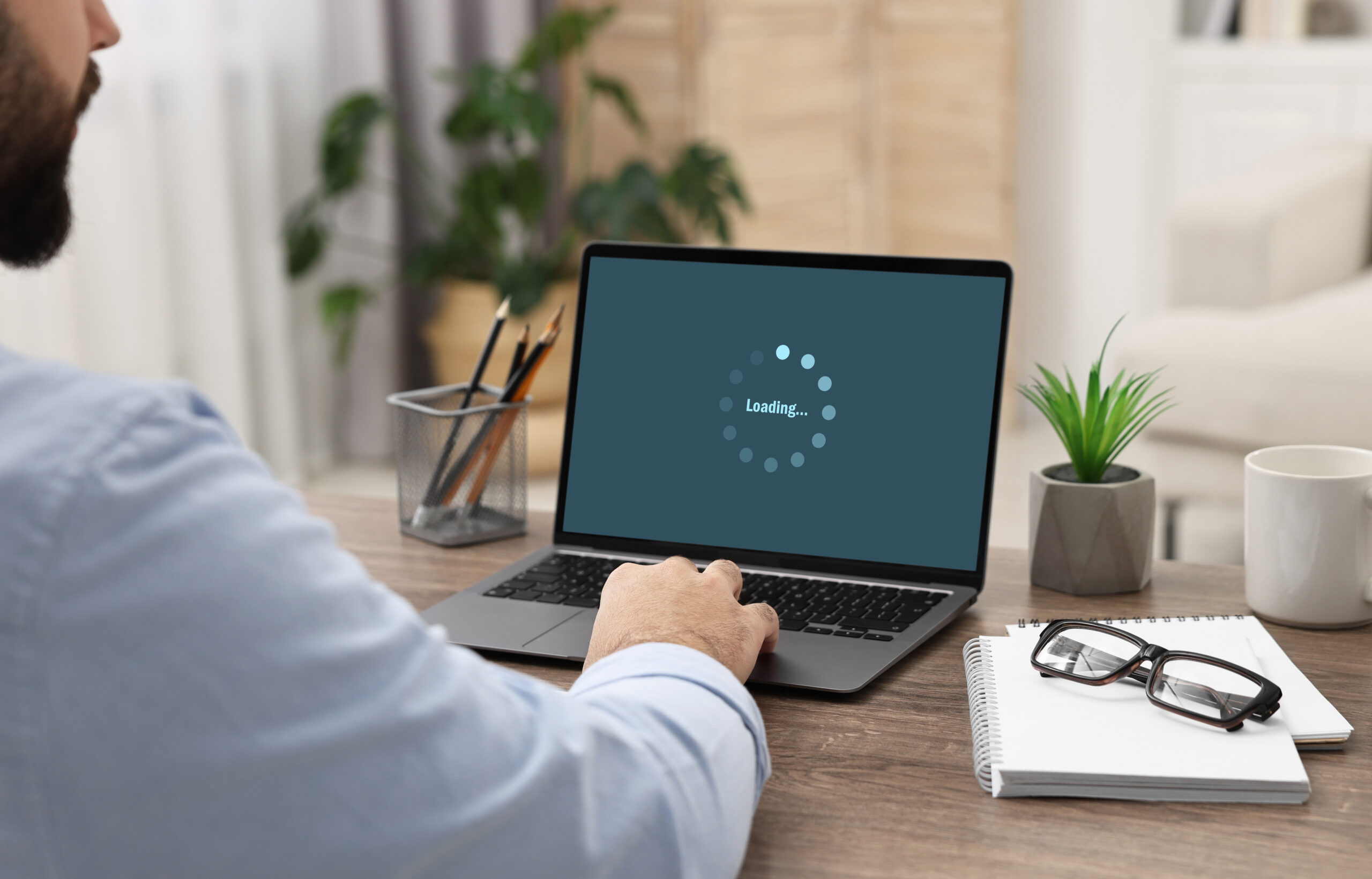We live in an age of apps. Want to journal your thoughts? There’s an app for it. Want to track your sleep? Download an app. There’s even an app to cut down your screen time so you’re not mindlessly scrolling for hours (for those wondering, the app is called ScreenZen). All that to say, mobile apps have become an integral part of our lives as we spend several hours each day scrolling on apps like Instagram and TikTok. But with great entertainment comes even greater privacy issues. Take the recent privacy claims for TikTok, for example. While the details of the claims are complex and evolving, the situation does shed some light on the importance of privacy in the digital age. Let’s look at some ways you can safeguard your personal information while using apps.
Protect Your Privacy with These Simple Steps:
Review App Permissions
Before you download an app or even during its use, take the time to review the permissions it requests. Apps typically ask for permissions such as access to your location, contacts, camera, and microphone. While some permissions are necessary for the app to function properly, others may be invasive and unnecessary. For instance, a note-taking app shouldn’t need access to your contacts or call history. Be cautious when granting access, and always opt for the least intrusive settings whenever possible.
Use Strong, Unique Passwords
We all know the temptation of selecting an easy-to-remember password that you may already use across different apps. But here’s the deal – easy passwords are vulnerable because they can quickly be deciphered by hackers. If a hacker gains access to one account, they can potentially breach other accounts with the same credentials. A little effort in selecting a unique password goes a long way in protecting your privacy. By choosing strong, unique passwords for each app, you make it exponentially harder for hackers to compromise your digital security. If you have a hard time remembering all your passwords, consider using a password manager, like 1Password, to keep track of them.
Enable Two-Factor Authentication (2FA)
You may have noticed an increasing number of apps now offer two-factor authentication. This is because enabling the 2FA adds an additional layer of security for your personal information. It typically involves receiving a code via SMS or an authentication app, like Google Authenticator, which you must enter along with your password to log in. This might feel like an additional step, but it’s worth the extra effort to protect your personal data.
Limit Social Media Exposure
We all love to share snippets of our lives with people we know and sometimes may not know online. Be cautious about the amount of personal information you share on social media apps. Details like your birthday, address, or even vacation plans could be leveraged by people with malicious intent. For instance, if you share a photo of yourself with your house in the background, try to blur out your house number as that’s personal information that’s best kept private. When creating accounts or profiles, consider limiting the amount of personal information you disclose. Remember, the less data you provide, the less exposure you have to potential privacy risks.
Utilize Privacy Settings
Most apps offer a range of privacy settings that allow you to customize your experience and control how or how much of your data is shared. For instance, you can restrict who views your profile and control who can contact you. Take advantage of these settings to adjust your privacy preferences according to your comfort level.
Regularly Update Apps
App developers frequently release updates to patch security vulnerabilities and enhance privacy features. Make it a habit to regularly update your apps so you have the latest security patches. You can also enable automatic updates on your device to ensure you’re always running the most secure versions of your apps.
Understand the Privacy Policy
Most of us can attest to simply checking ‘yes’ to privacy policies because who has the time, right? As tedious as it may seem, reading through an app’s privacy policy can provide insights into what types of data the app collects, how it is used, and whether it is shared with third parties. You can then use this information to decide whether to use or discard an app. If you don’t have the time to read the entire policy, it’s still a good idea to skim through it to get a general idea of what you’re agreeing to.
Consider Alternatives
If an app’s privacy practices don’t meet your standards, look for alternatives that do. Often, there are numerous apps that provide similar services but with a better focus on protecting user privacy.
Delete Unused Apps
Regularly review and delete apps you no longer use. Many apps continue to collect data in the background, even when not actively in use. Removing these apps not only frees up storage space on your device but also reduces potential data exposure and privacy risks. Remember to delete your account information before deleting the app to ensure complete data removal.
Stay Informed
When it comes to your online privacy, it is crucial to stay up-to-date with the latest privacy-related news. This includes being aware of controversies surrounding different apps and platforms. Be cautious of sensationalized headlines and misinformation. Instead, look for credible sources and expert opinions to better understand privacy issues so you can make informed decisions about your privacy.



